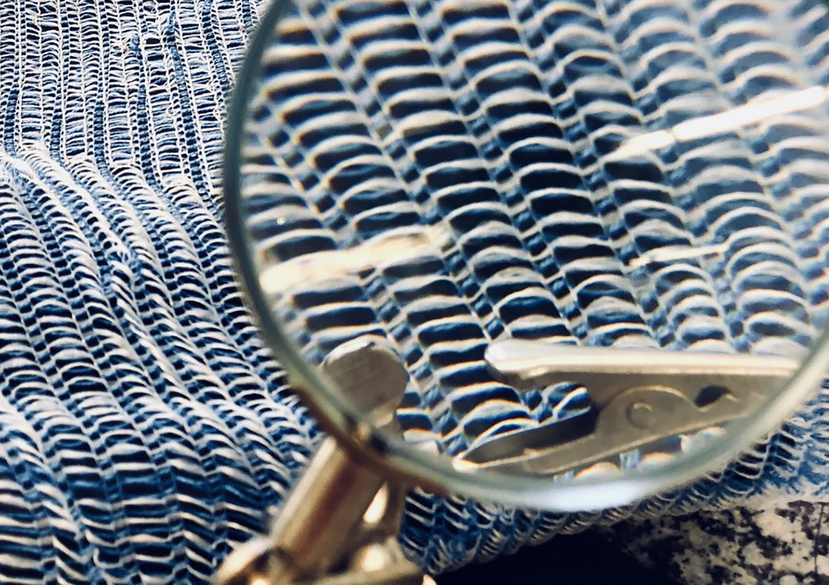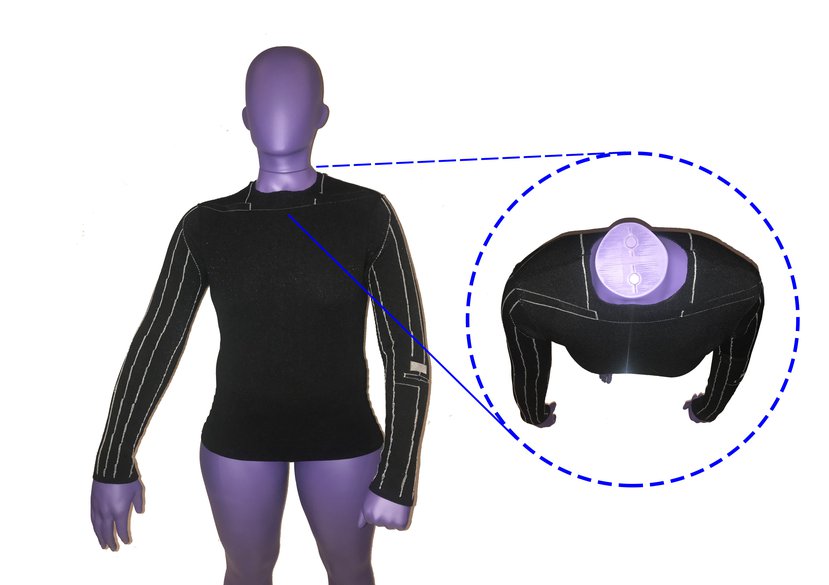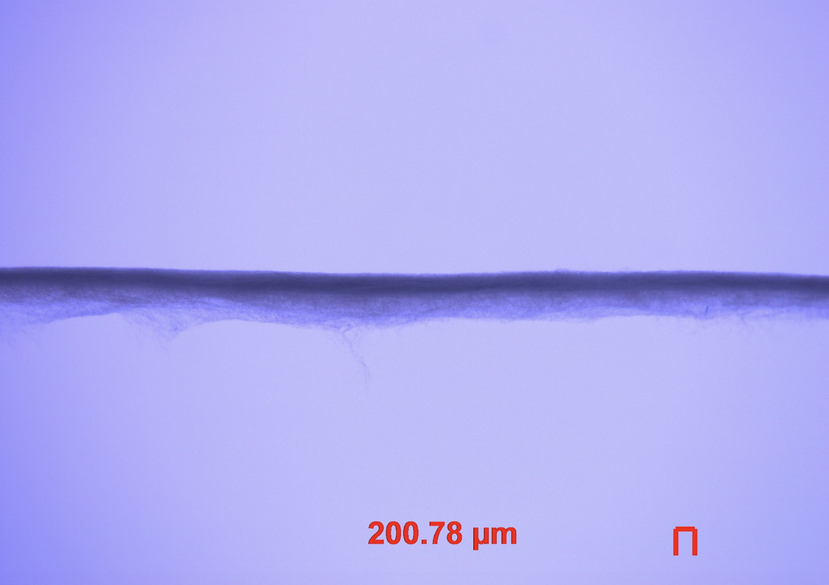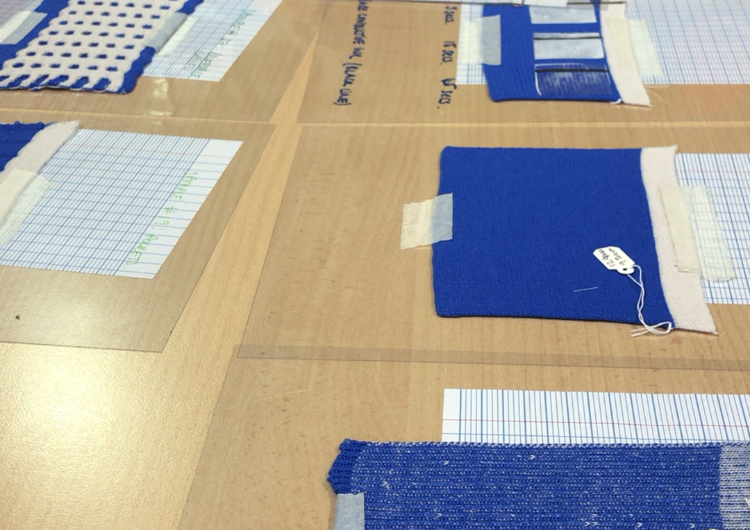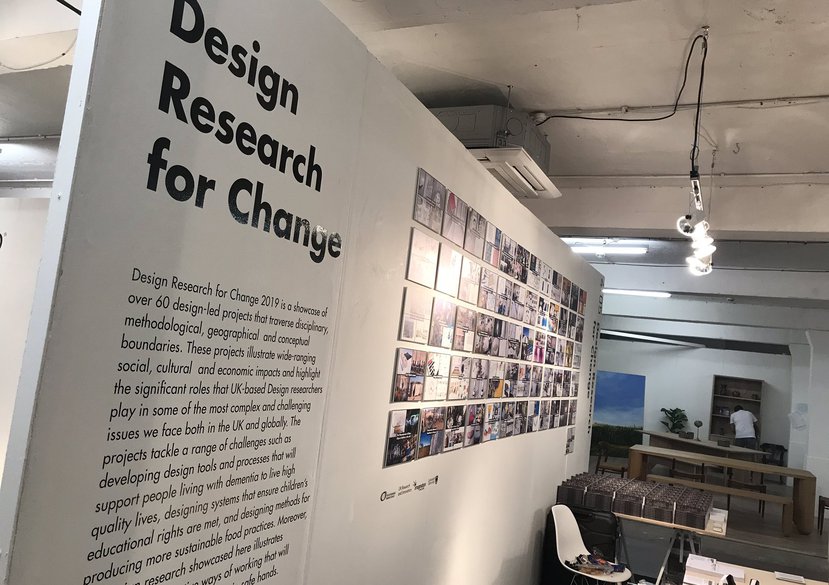
Designing properties of nanofiber yarns and textile components in garments, as a tool to modify neural pathways and improve upper limb functional recovery post stroke
In the UK, stroke continues to be a leading cause of disability with one stroke occurring every five minutes. Stroke incidence has more than doubled in low and middle income countries in the last three decades alone, indicating an urgent and growing need for prevention and recovery solutions.
Notably, under half of all survivors regain ‘some useful’ arm function; the implications of which have sudden, severe impacts on work, relationships and lifestyle choices.
Methods of rehabilitation are notoriously difficult to maintain with individuals often required to participate in long-term, self-guided training. Support is limited, primitive and frequently fails to accommodate lifestyle choices and behaviours. One year post-stroke, prolonged disability is closely linked to declining mental health.
With stroke incidence set to over double in the next decade, we need effective treatments that are intuitive, easy-to-use and support diverse lifestyles.
This PhD identifies that textile-based technologies have a compelling advantage in the frequency and manner in which they engage with the wearer that can influence the course of post-stroke neurological recovery.
By drawing upon the regular, ‘intimate’ correspondence the garment holds with the body, this PhD re-considers the delivery and positioning of rehabilitation interventions relative to highly complex associations with being and becoming; including ‘identity’ and behavioural traits post stroke. Rather than targeting time in therapy, this research works alongside stakeholders to present a line of inquiry to enhance recovery at times between therapy, on the mobile body moving between ‘public’ and ‘private’ contexts.
Key details
School, Centre or Area
Area of expertise
Supervisors
Funding
-
Stavros Niarchos Foundation - 'Material Science' PhD Scholarship
Design Research Society
MedTech SuperConnector (Research England)
Henry Royce Institute (EPSRC)
Venrex Investment Management
Personal links
Gallery
More about Laura
Biography
Laura is a current PhD candidate at the RCA, exploring the use of smart textiles as a method to disrupt motor recovery following ischemic stroke. Having worked closely with brain injury survivors and leading neurologists, Laura has developed a patent-pending textile ‘component’ that provides targeted, continuous limb support by modifying neural responses to improve recovery.
Laura has recently been awarded MedTech and Advanced Materials grants from Research England and the Henry Royce Institute to further develop materials, scoping wider applications beyond stroke.
She is undertaking this as founder of KnitRegen Ltd. having secured venture capital funding.
Degrees
MA Pattern and Garment Technology, University of the Arts London, 2016
BA(Hons) Fashion Design and Marketing, University of the Arts London, 2014
Experience
Visiting Lecturer, IDE, Fashion and Textiles MA Programmes, Royal College of Art, 2019 - present
Visiting Lecturer, Better Lives & BA Programmes, University of the Arts, London, 2018 - present
Awards
Mayor of London Entrepreneur Award - Health category, 2021
Runner Up, MediLink Healthcare Business Awards, 2021
Runner Up, UK Green Gown Award, 2017
Funding
Stavros Niarchos Foundation
Design Research Society
MedTech SuperConnector (Research England)
Henry Royce Institute (EPSRC)
Venrex Investment Management
Exhibitions
(2019) Design Research for Change. London Design Fair.
(2019) Flight of the Future. Saatchi Gallery. London.
Publications
Salisbury, L.J. (2021) ‘Evaluating degrees of ‘softness’ in therapeutic systems of knitted wearable technology with brain injury survivors’. Journal of Textile Design Research and Practice. DOI: 10.1080/20511787.2021.1935111
Salisbury, L.J., McGinley, C. and Gheerawo, R. (2019) Wearing Your Recovery 3.0. In P.A. Rodgers (Ed.) Design Research for Change. pp. 311-334. ISBN 978-1-86220-369-3.
Salisbury, L.J. (n.d.) Applying people-centred design methods to enhance the development of wearable technology for everyday use. In McCann, J. and Bryson, D. [Eds.] Smart Clothes and Wearable Technology (2nd Edition). Elsevier. [In Press]
Research outputs
1 Patent Filed
Conferences
‘An Introduction to Inclusive Fashion’, Better Lives, University of the Arts London, 2021, 2020, 2019
‘Wearing Your Recovery’, Design Research for Change Symposium, The Design Museum, London, 2019
